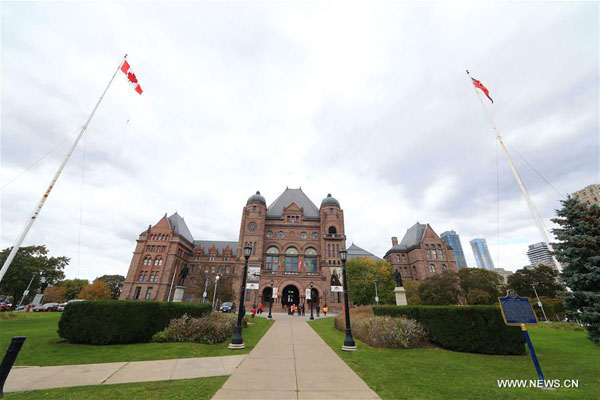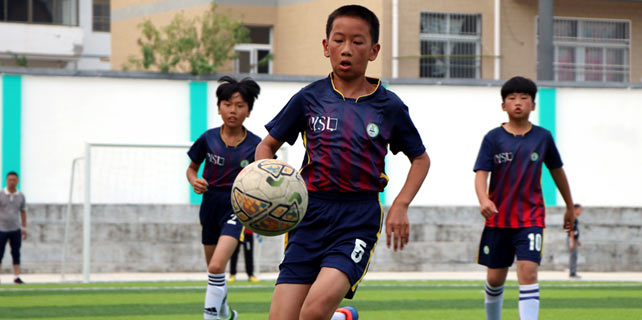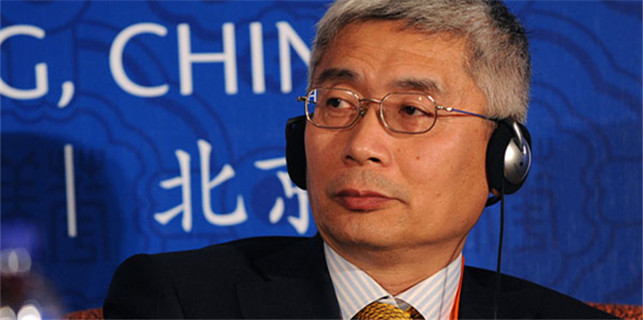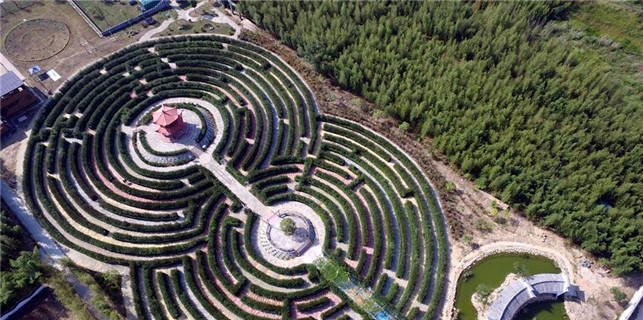Canada's Ontario adopts motion designating Nanjing Massacre Commemorative Day
MORAL OBLIGATION TO TELL FUTURE GENERATIONS ABOUT WWII CARNAGE
 |
|
Photo taken on Oct 26, 2017 shows the exterior of Canada's Ontario Legislative Building in Toronto, Canada. Canada's Ontario provincial parliament Thursday passed a motion designating Nanjing Massacre Commemorative Day to commemorate the mass killing of 300,000 Chinese by Japanese troops in Nanjing during World War II. [Photo/Xinhua] |
The motion the Ontario legislature adopted Thursday might be still steps away from becoming a law, it still carries great significance for Canada and for the world as a whole, as there is a "moral obligation" to tell future generations about the carnage, terror and tragedies that happened in World War II, Canadian experts said.
This Motion is "of great importance" for the Chinese and other Asian communities in Ontario, said Dr. Joseph Wong, founder of Toronto Alpha (Association for Learning and Preserving the History of the Second World War in Asia).
"It shows the provincial legislature for the first time recognizes that atrocities in Asia's WWII, symbolized by the horrors of the Nanjing Massacre, did occur and important enough to be remembered every year, and promoted in our education system," Joseph Wong said in a press release on Thursday.
"The motion does not replace Bill 79. This motion not only is important locally and in Canada as well, it is very important internationally," he said earlier, adding Bill 79 is still at the committee level in the provincial legislature.
Remembering the Nanjing Massacre will not be "divisive" for Ontario's Japanese and Chinese communities as some Japanese lawmakers suggested, he said, instead it provides "a foundation" on which all Asian communities can build trust and reconciliation and peace."
"As educators we have the responsibility to ensure our students understand the realities of World War II in Asia so we can have a more authentic dialogue about social justice, courage and humanity," said Gerry Connelly, an ALPHA education board member and former director of education at the Toronto district school board.
"This Motion for the 'Nanjing Massacre Commemorative Day' is a big step in raising awareness to stimulate this dialogue," Connelly said.
Karen Lin, an Associate at Solstice Public Affairs, couldn't agree more.
Canadian students learn about the horrible tragedy that happened when the US army dropped atomic bombs in Nagasaki and Hiroshima, unfortunately, Ontarians have not had the opportunity to learn and understand the series of events leading up to the military action conducted by the US army in Japan, said Lin in an open letter to Ontario Premier Kathleen Wynne recently.
Neither have Ontarians had the opportunity to learn about the tragedies of the killing of many innocent lives in China, Korea, the Philippines and many other East Asian countries by a brutal Japanese military occupation, Lin said.
Lin's letter was widely endorsed by more than 100 registered Chinese Canadian Organizations, registered Chinese Canadian Cultural Groups and Associations, various associations from different ethnic communities as well as many labor unions across Ontario.
Many prominent Japanese Canadians such as Joy Kogawa have spoken out in support of Bill 79.
Joy Kogawa, who is Japanese Canadian and an author in Toronto, said that she fully supported the bill.
"The facts are the facts, and it is wrong to deny them," said Kogawa, who's been awarded the Order of Canada and Japan's Order of the Rising Sun.
It's time for atrocities in Asia to be as well-known as those in Europe or Canada, Kogawa said, adding she has met and argued with many Japanese people who think the Rape of Nanking did not exist.
In November 2007, the House of Commons, the lower house of Canadian federal legislature, unanimously passed a motion urging Japan to offer "formal and sincere" apologies to foreign women forced into sexual servitude during World War II. Canada played a vital role in defending Hong Kong against the Japanese military invasion as part of the commonwealth during the war.









